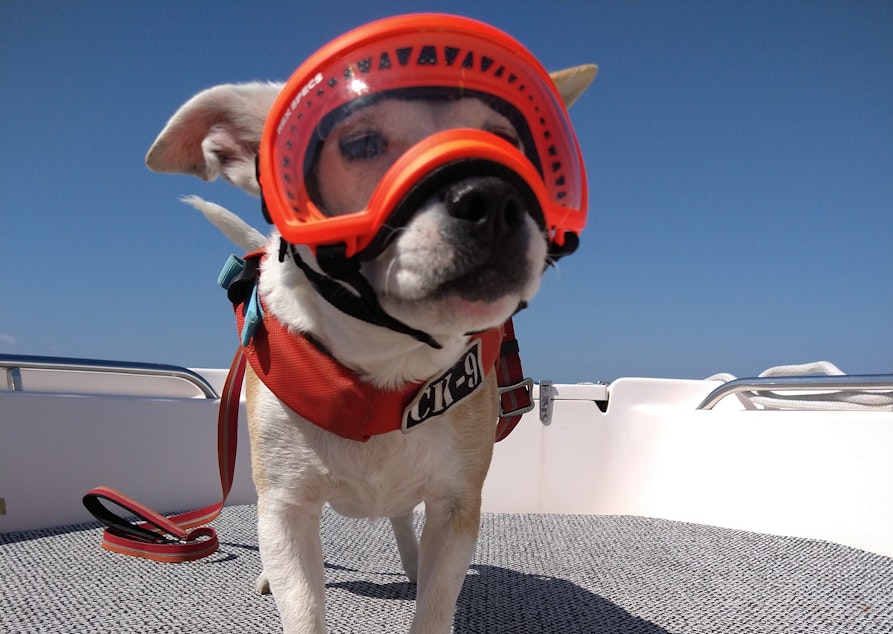May 5th | What a decade’s worth of whale poop tells researchers about their health

Find out how whale feces is saving the endangered killer whale. Swedish Hospital launches a Black Birth Empowerment Initiative, and the Tulalip Tribes are relocating ‘nuisance’ beavers to help protect the ecosystem.
Black women giving birth are in a medical system that has not supported them. Bill is joined by Sauleiha Akangbe, a local doula, to discuss how we can advocate for Black mothers.
As in most places, businesses in downtown Mt. Vernon, Washington, have struggled through the pandemic. But as things start to open more, all eyes in that city are on the tulip fields blooming nearby. KUOW’s Joshua McNichols reports from the Skagit Valley tulip festival on how the local businesses are benefitting from the crowds.
Bill can’t take you boating to study Puget Sound orcas, but he can talk with Deborah Giles, a researcher and biologist at the University of Washington Center for Conservation Biology, about the work that she and her whale poop-sniffing dog are doing.
Lastly, beavers can seem like a nuisance. They build dams, and flood land, and plug up culverts; but, plenty of other people, including the Tulalip Tribes, think they’re worth protecting. Molly Alves, a wildlife biologist and manager of the Tulalip Beaver Project, talks with Bill about how the project is moving beavers in the state.
A program for Black women, by Black women to address maternal inequities
Relationship building isn’t always easy, particularly for Black maternity patients. Swedish Hospital has launched a new program to help combat that. Sauleiha Akangbe, a doula and the creator of the initiative, talks with Bill about the program and the role it plays in creating equity and engagement.
Sponsored
Will the tulips save Mt. Vernon businesses?
As in most places, businesses in downtown Mt. Vernon, Washington, have struggled through the pandemic. But as things start to open more, all eyes in that city are on the tulip fields blooming nearby. The big question is whether visitors to those farms can help businesses in Mt. Vernon recover. KUOW’s Joshua McNichols reports from the Skagit Valley tulip festival.
A solution to save southern resident killer whales
The killer whale population is the only whale listed as endangered by the federal government – only 75 of them remain. Deborah Giles, a researcher and biologist at the UW Center for Conservation Biology, joins Bill to discuss the threats they face and how her dog's nose for sniffing killer whale poop is unlocking valuable data about their health and survival.
One man’s ‘nuisance’ beaver, is another’s hero
For those who have had beavers destroy property, the word ‘nuisance’ may come to mind when describing the rodent. But you won’t hear that description from the Tulalip Tribes north of Seattle who see the beaver as crucial to a healthy ecosystem. Molly Alves, a wildlife biologist and manager of the Tulalip Tribes’ Beaver Project, talks with Bill about how the project came to be



